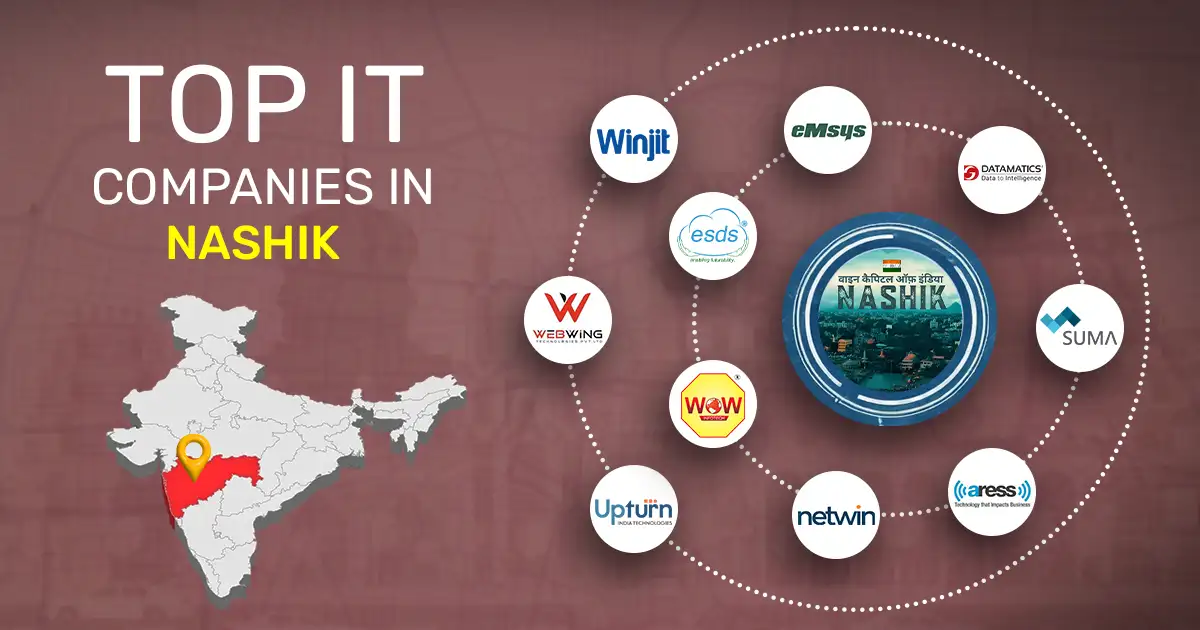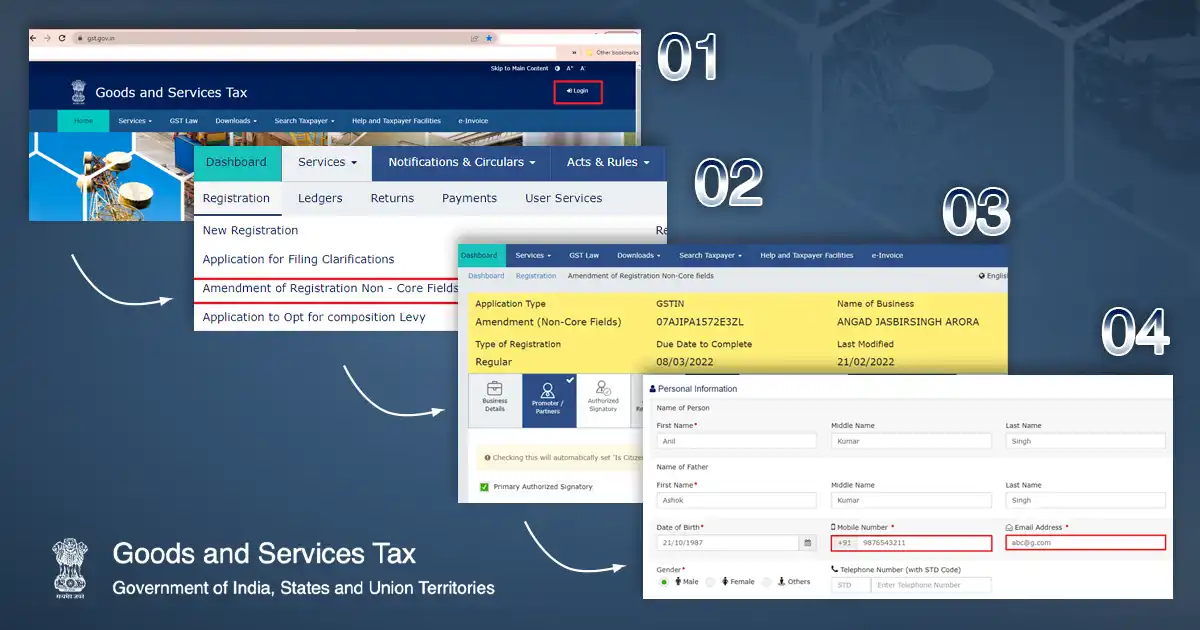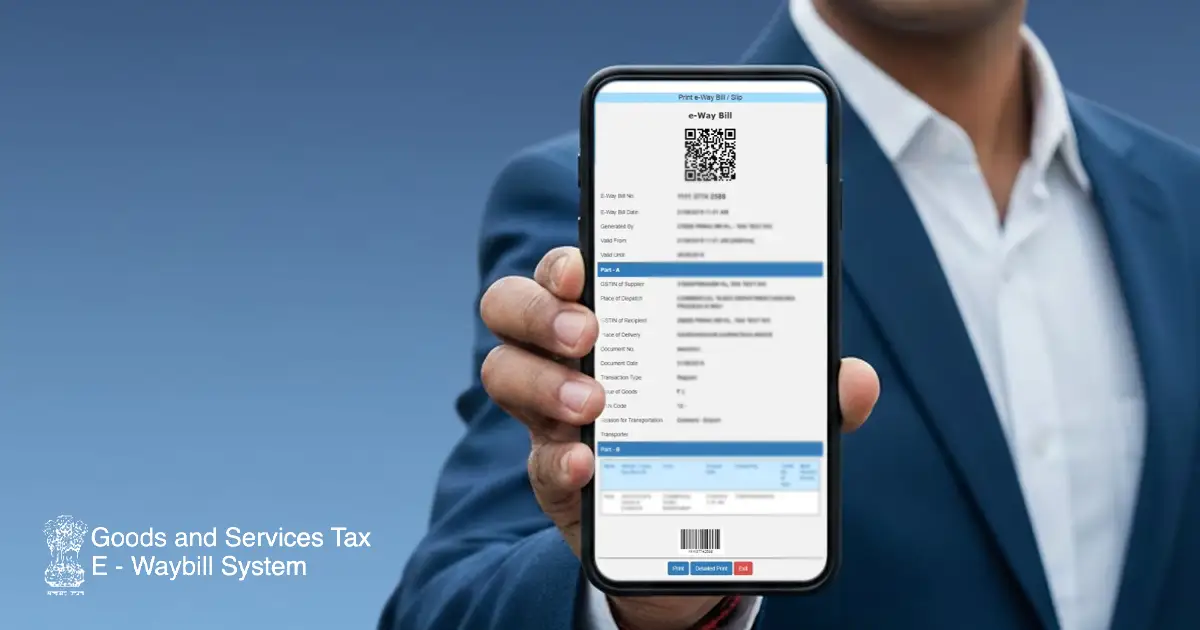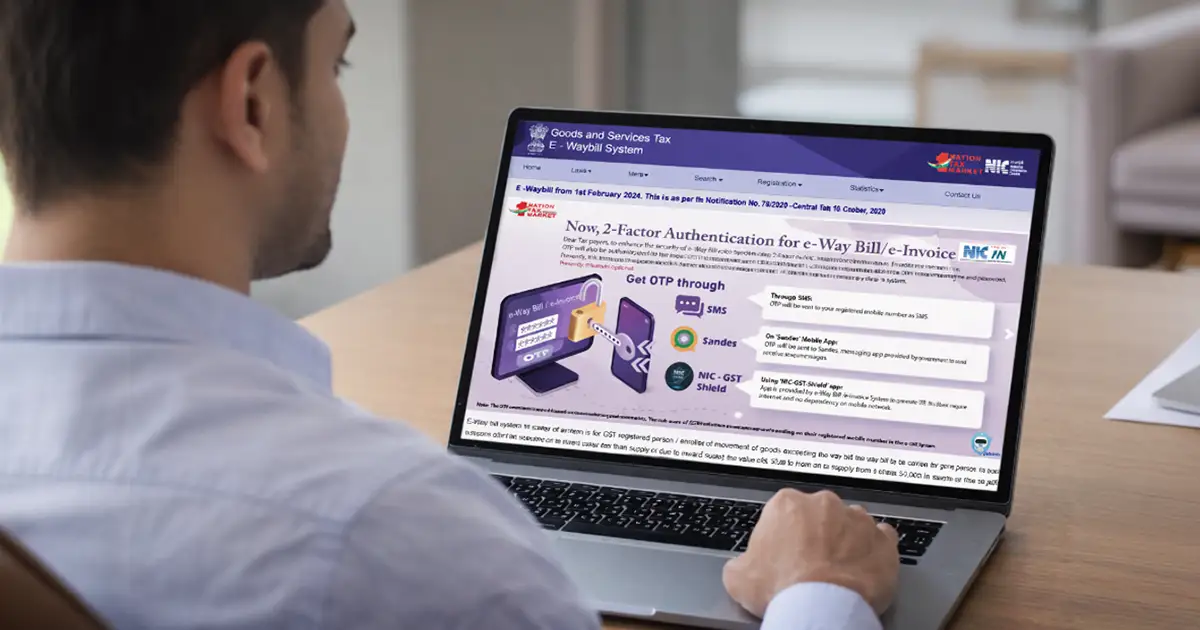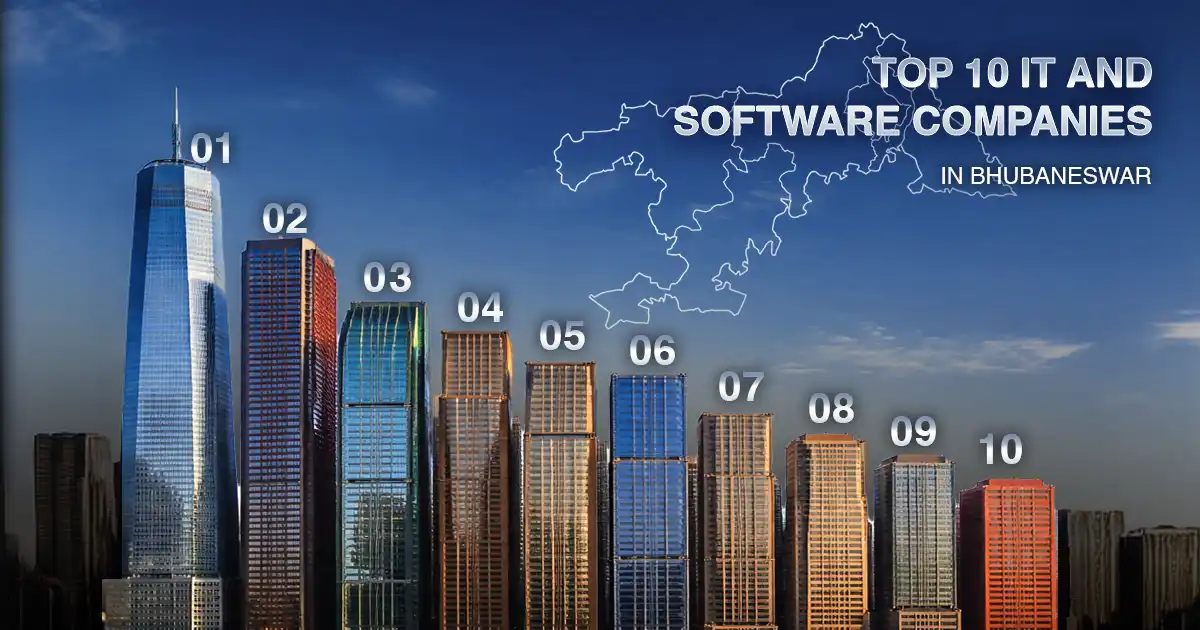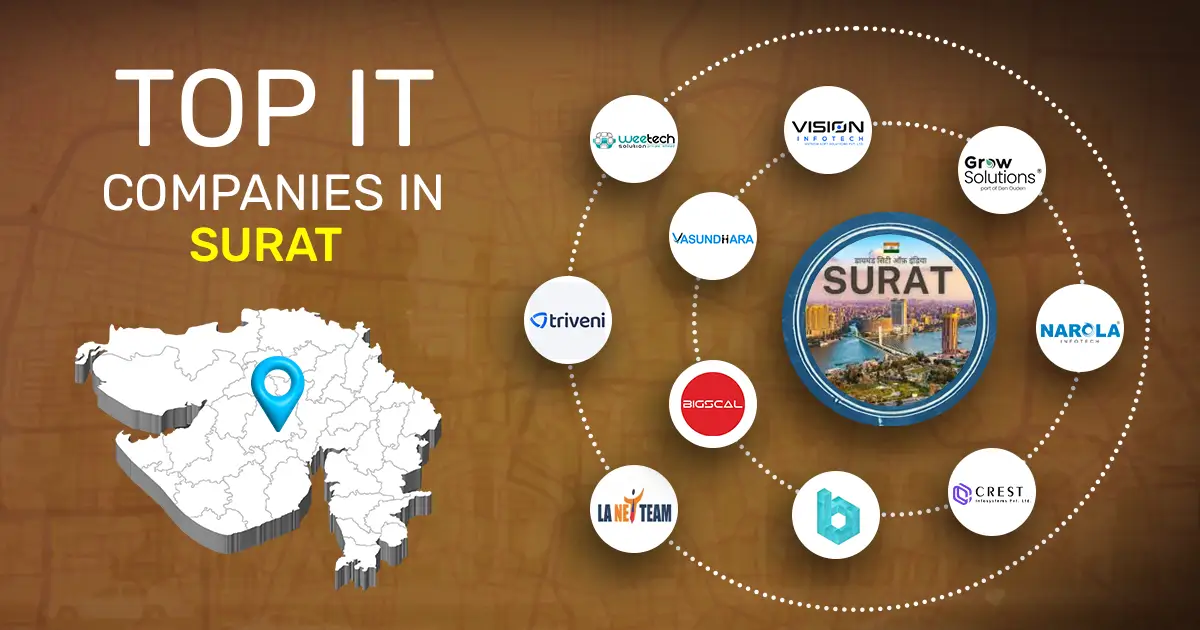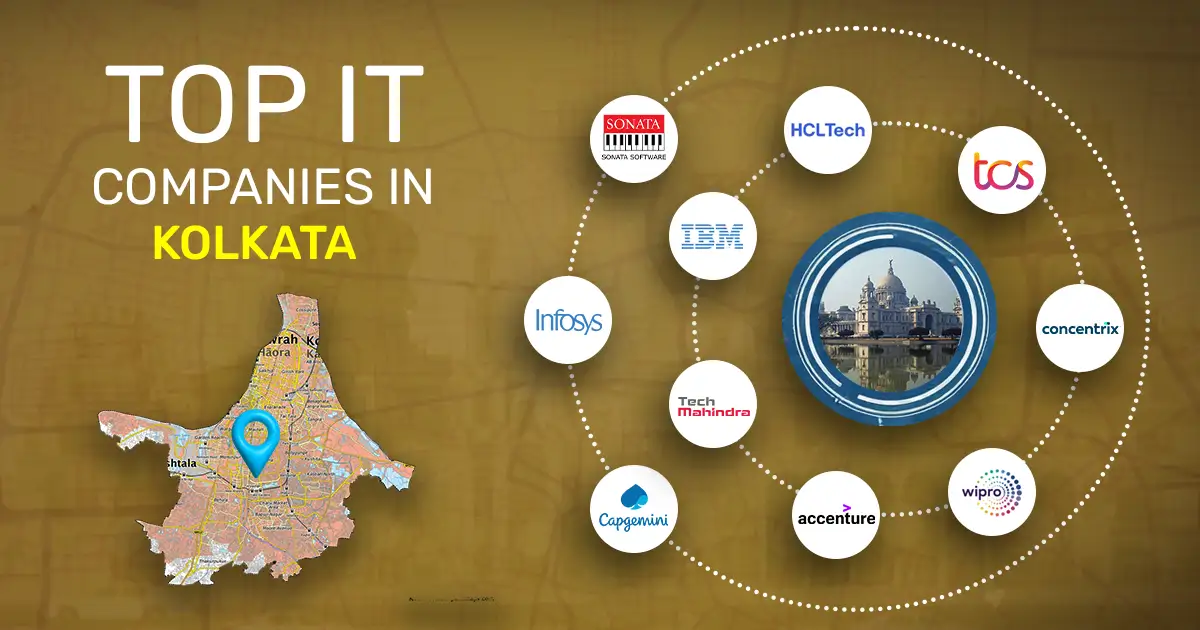Getting your PESO certificate involves a few clear steps:
Step 1: Determine Your License Category and Requirements
First, figure out what kind of certificate you need. PESO handles many different things.
- Know your product: What exactly are you dealing with? Are you making explosives? Storing gas cylinders? Importing special electrical gear?
- Check Applicable Regulations: PESO regulations vary based on the product or activity involved. Refer to the relevant rules, such as the Explosives Rules, Static and Mobile Pressure Vessels (Unfired) Rules (SMPV), or Gas Cylinders Rules, to understand the exact standards and compliance requirements for your category.
- Identify the Type of Approval Required: Depending on your business activity, you may need a PESO license, prior approval, or a No Objection Certificate (NOC). Identifying the correct category at the beginning is essential, as it determines your documentation needs, fees, and the overall process to follow.
Step 2: Appointing an Authorized Indian Representative (AIR)
If your company is not based in India, you must have an Authorized Indian Representative (AIR). Think of your AIR as your local helper. They are your eyes and ears in India.
- Who can be an AIR? This can be an Indian citizen or a company registered in India.
- Their job: The AIR handles all the paperwork and communication with PESO on your behalf. They make sure everything runs smoothly and is compliant.
- Why an AIR? PESO wants a local contact. This makes communication easier. It also ensures someone is responsible in India.
Step 3: Preparing Your Application and Documentation
At this stage, you need to organize and submit all necessary paperwork to support your application. A complete and well-prepared file significantly improves your chances of timely approval.
Gather Essential Documents
You’ll need to collect a set of documents that prove your business identity, product safety, and technical compliance. Some examples include:
- Company incorporation certificate and PAN
- Product drawings, specifications, and test reports
- Safety manuals and layout plans
Refer to the "Documents Required for PESO Certificate Application" section below for the full list.
Fill Out the Relevant PESO Forms
PESO requires specific application forms based on the nature of your request:
- Form AE for equipment approval
- Form A for storage licenses
- Form VL for license variations
Ensure you choose the correct form based on your activity and license type.
Double-Check and Validate
Note: All documents must be submitted in English or accompanied by a certified translation.
- PESO may require notarized or apostilled copies, especially for foreign applicants.
- Incomplete or incorrect submissions can lead to delays or rejection.
Tip: Ensure consistency across documents; mismatched names or technical data can lead to queries from PESO.
Step 4: Submitting Your Application on the e-PESO Portal
PESO has streamlined its licensing process through the e-PESO Portal, making it easier and faster to apply online.
Follow these steps to submit your application:
1. Register on the Portal: Visit the e-PESO portal and create an account using your company credentials and email ID. You’ll receive login credentials upon successful registration.
2. Log in and Select Your Application Type: After logging in, select the appropriate category based on your requirement, such as equipment approval, storage license, or NOC.
3. Fill Out the Application Form: Choose and complete the relevant form (e.g., Form AE, Form A). Enter accurate details including company name, site address, equipment details, etc.
4. Upload Documents: Attach all required documents in PDF format. Make sure they are scanned, readable, and meet the file size limits.
5. Pay the Application Fee: Use the integrated payment gateway to pay the applicable PESO fee. Payment receipts are generated instantly for your records.
6. Submit the Application: Once the form and documents are in place, click “Submit.” You’ll receive an acknowledgement along with a unique tracking ID.
7. Track Status Online: Use your login credentials to check the real-time status of your application. You’ll also receive notifications for any updates or queries raised by PESO officials.
Tip: Keep a digital and physical copy of the complete application for internal reference.
Step 5: Document Scrutiny and Technical Evaluation
Once you submit your application, PESO's experts get to work. They carefully check all your documents.
- Document check: They make sure every paper is correct and complete.
- Technical review: Engineers and safety experts look at your product designs and safety plans. They check if they meet all the strict PESO standards.
- Questions: They might ask you for more information or clarification. Be ready to answer!
Step 6: Undergoing the Factory or Site Inspection
For many types of PESO certificates, an inspection is required. A PESO officer will visit your factory or site.
- What they check: They review your site’s safety systems in detail, which includes checking pressure testing units, fire protection arrangements, safety signage, emergency exits, and how hazardous materials are stored and handled. The goal is to verify that your actual setup matches the documents submitted.
- Safety demonstration: You might need to show them how your safety procedures work.
- Be prepared: Make sure your site is clean, safe, and organized.
Step 7: Receiving PESO Approval and License
If everything checks out, congratulations! PESO will grant you the approval and issue your license.
- Official certificate: You get an official document.
- Now you're compliant! You can legally operate your business with hazardous materials.
- Keep it safe: This license is very important.


